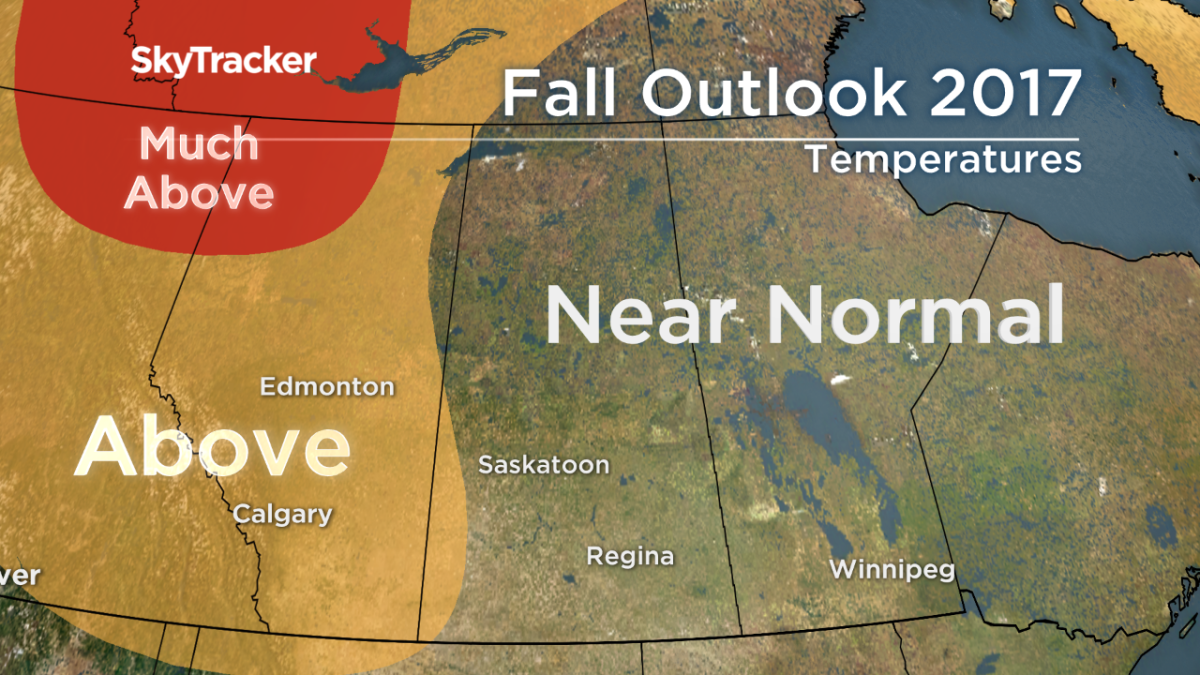Southern Saskatchewan has experienced dry and hot weather all summer, causing many challenges for farmers including an early harvest.

In Regina, the heat created shifting ground, leading to SaskPower meters to catch fire, water main breaks and grass fires.
“It’s almost as if nature has forgotten how to rain in parts of Saskatchewan,” Environment Canada Senior Climatologist David Phillips said.
While it may be hard to believe, after a record-dry summer, southern Saskatchewan is now entering the ‘dry’ season.
Phillips said temperatures could be nine to 12 degrees warmer than normal this fall, and wall-to-wall sunshine. Daytimes highs are expected to level off by the end of September, but the dry conditions will persist.
“The global weather systems, especially across North America seem to have stalled,” U of R Associate Professor of Geography Joe Piwowar said.
Piwowar has been researching climate change.
“Normally there’s a pattern, the jet stream sort of seems to move around in the wave, and the jet stream seems to have stalled and that has brought on the hot, dry weather.”

Get daily National news
“In other parts of Canada and other parts of the world, we’ve seen other severe weather systems happening and they’re all interrelated to that,” he said.
If the weather persists, it could be bad news for next year’s crops and it could also worsen the situation with water main breaks.
“When the ground is dry frost can go down faster, so we’ll be watching the conditions,” City of Regina Director of Water Works Pat Wilson said.
“If we see a very cold winter with not a lot of snow cover on top of the dry soil, there certainly is a chance that will have an impact on our breaks in the winter.”
Dry conditions are also creating wildfires in northern Saskatchewan and grass fires in southern Saskatchewan. If there isn’t a break from the heat, the fire threat next spring could be imminent without a significant amount of precipitation.
“I’m not an expert with vegetation but I would assume that we would have a severe risk (next spring),” Regina Fire Safety & Protective Services Fire Marshal Randy Ryba said.
“At this point in time, I know we had two large grass fires around Wascana Parkway and the Ring Road last Sunday. One consumed 20 acres of land with a northwest wind, the areas are very dry and the conditions are extreme for sure.”









Comments
Want to discuss? Please read our Commenting Policy first.